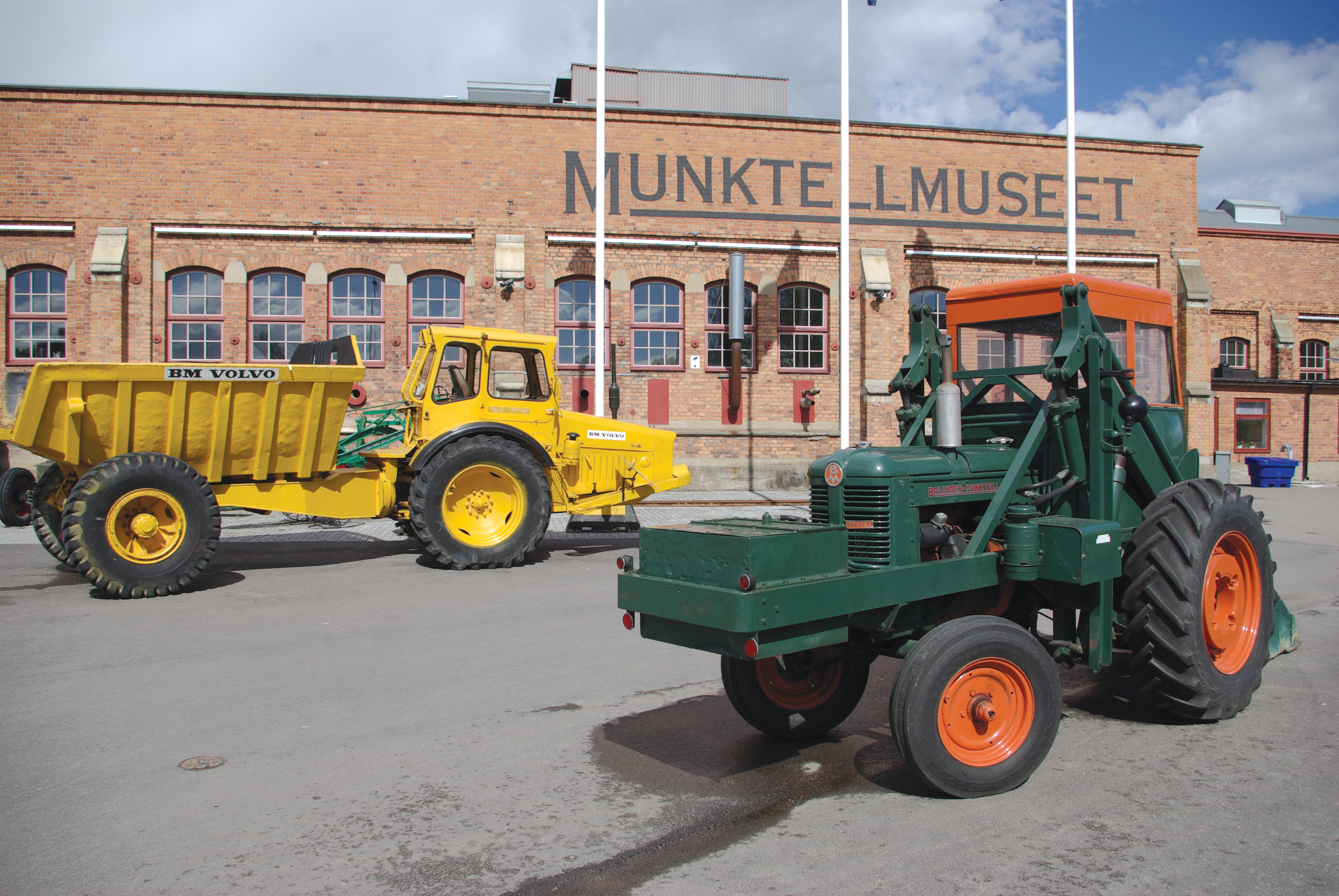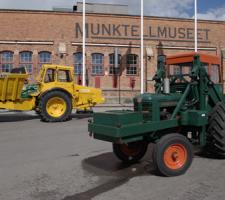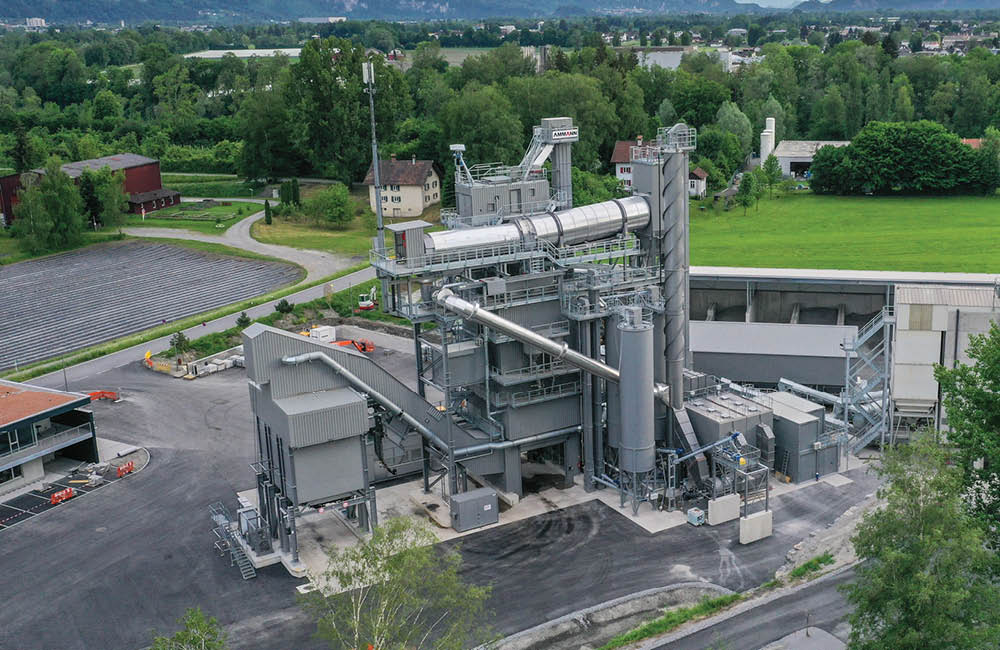
Volvo’s Munktell museum in Eskilstuna, Sweden is helping to preserve the spirit of the company's founders, as well as the machine heritage
With 20th anniversary celebrations scheduled for November 2011, anyone would think that the history of the Munktell Museum only spans two decades but the concept goes back much further than that. The museum is named after Johan Theofron Munktell who started one of the companies that was central to the formation of today's
Munktell started the business in Eskiltuna, Sweden in1839 after the government asked him to help improve tooling in nearby military factories but it was his desire to mechanise agriculture that really shaped the company.
Today the museum features key machines from the company's development, which charts its move from agriculture to construction equipment - the fi rst tractor from 1913, the fi rst wheeled loader from 1954 and the first articulated dump truck from 1965. But what makes this museum really come alive is the 100 or so volunteers who enable it to open seven days a week and keep the machines in working order. They are all ex-Volvo employees who have retired but still come back several days a week to help maintain the heritage of the brand through the museum. Musuem director Leif Anväg - the only paid member of staff - said, "The main reason for the collection was not initially for a museum but to provide equipment for exhibitions. The 1913 tractor - considered to be the number one when it comes to mobile equipment has been used for this purpose since the 1950s." Development of the collection was not something that Volvo strategically planned, but is more the result of a number of employees recognising the heritage the machines represented and acquiring and 'hiding' key pieces of equipment.
The museum now has around 30 engines and 45 to 50 machines on display and nearly all can be started and used, and there is a workshop on site where the machines are restored and maintained.
More than 18,000 people visited the museum last year and had the chance to really get close to the exhibits as there are no ropes around the machines. "People can climb on the machines," said Anväg.
"We just ask them not to fall off of them!" Last years' visitors included one of the original owners of the 1954 wheeled loader. "I had a call from someone in northern Sweden who said they thought their father had owned the machine in the 1960s and asking if he could bring him down to see it on his 90th birthday," said Anväg. "We checked the records and confi rmed it was the same machine.
During the visit the son said that the wheeled loader was the fi rst machine they had in their sand quarry - before that they had worked with shovels and barrows." This story illustrates that even after Munktell's death, the company was still achieving its aim of mechanising manual industries and improving the lives of workers. During his lifetime, Munktell was also committed to improving the lives of his workforce too. "When he fi rst started the factory, there was a real problem with drinking of distilled spirits in the area - the average consumption was 2.7litres a week," said Anväg.
"Munktell's solution was to set up a brewery to make low alcohol beer and offer it to free to workers during their shifts if they signed a contract to give up distilled spirits. Many did and not only did their health improve but productivity at the factory also increased." Munktell also introduced policies today that we would take for granted, such as paid sick leave and a funeral fund for employees. "Swedish employees of Volvo still benefi t from the funeral fund," said Anväg. "It is this focus on Volvo as a family operation still that makes the ex-employees want to give up their time to maintain the history and pass it onto the next generation."
Full details of how Munktell's business was combined with that of Bolinder to become today's Volvo Construction Equipment and more information on the museum can be found at -









